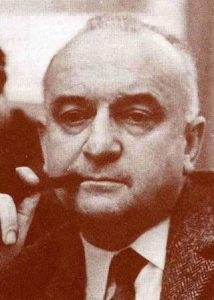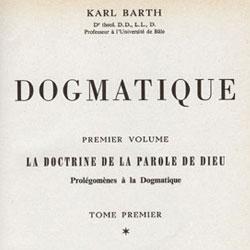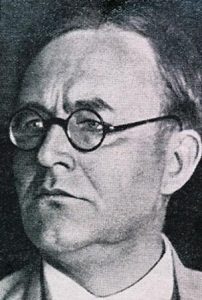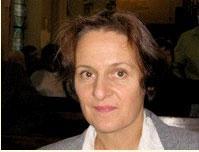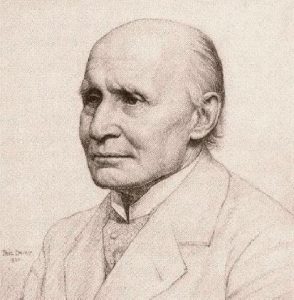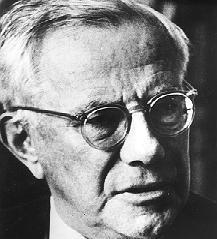The historical context
Liberation theologies appeared in Latin America within the Catholic church in a context marked by military dictatorships and the social crisis at the end of the 1960s. The two most famous pioneers were the Brazilian, Leonardo Boff, a Franciscan and the Peruvian, Gustavo Guttierrez, who was the first to formulate these theologies in publishing Liberation Theology in 1971.
Throughout the 16th to the 19th centuries, Latin America was largely Catholic, an ultra authoritarian Catholicism. At the end of the 1960s, movements questioned the Catholic Church which coexisted in too cosy a manner with the civil authority. At the same time, dictatorships and military regimes came into being which eliminated all opposition.
In this period of strong economic development worldwide, the very poor, looked with envy towards the model of the North American society.
Liberation Theologies
Taking into account the context of the times, liberation theologians emphasised the economic, political and social factors : the poor must be freed from their poverty, by making them actors of their own liberation. They denounced capitalism as a cause of oppression. They used a Marxist analysis but separated their political commitment from their Christian ideals.
They sought to free themselves from Western models which did not respond to the concrete problems of the masses and were unworkable in this unjust social order. The church, as a social institution, certainly had an influence on the life of the community, it had to work to open up society to more justice, and to peace.
This movement, initiated by Catholic groups, was to be found throughout the world within ecumenical protestant circles, close to progressive and even revolutionary circles. They were influenced by European theorists amongst whom was the pastor, Georges Casalis (1917-1987) who supported Liberation theologies and taught in Nicaragua.
In 1968, members of the Latin American episcopate met at Médellin (Colombia) and declared that social injustice could not be condoned by the church “which must give priority to the poor”.
The Method
It is necessary to start from the reality of the context and formulate a theology which will thus be informed by an analysis of reality supported by the social sciences.
Personal commitment comes first, theological reflection is the second stage. On making a commitment, you first have to have the means to understand the reality which you want to change. Theology should always be a critical reflection, but coming from a historical commitment.
For Georges Casalis, it was to begin – not from eternal truths to come back to reality – but rather, from the risks and obscurity of daily struggles in solidarity with the oppressed, and to make sense of them in confrontation with the way of Jesus Christ.
The Contents
This is the “preferential option for the poor”. In the Bible one sees how the poor are treated by God (poor – children of God) how they are actors of liberation. Since God himself has made this choice, the churches must too.
The kingdom of God comes into being in history, from the church of the poor, and not the church for the poor. Thus all must take into account reality in all its dimensions, find and feed into it Christian faith as a gesture of liberation, an act of transformation, relying on hope and the energy of the poor.
How were Liberation theologies received ?
Liberation theologies were subjected to systematic criticism :
- By the Roman Catholic curia who accused them of confusing Christian faith with Marxism (but there were no condemnations or excommunications until much later). Rome dismissed or moved bishops involved (Mgr Camara) and named new bishops ;
- From the USA who wanted to destabilise these movements by using the concern that they encouraged revolutionary regimes. The USA would support evangelical and fundamentalist protestant churches (for the last 100 years there has existed in Latin American countries a fast growing evangelical Protestantism hostile to Liberation theologies) ;
- Critical European theologians :
- Why should the poor have a better understanding of the gospel than others ?
- This intuitive method of theology is insufficient.
Liberation theologies developed in Africa and in Asia, but in different forms :
- Struggle against racial and ethnic oppression (by people of colour against Whites)
- Struggle against cultural oppression (a movement developed by Blacks whose cultural identity was for a long time denied)
There would come into being a theology of racial liberation, a theology of cultural liberation, as well as a theology of feminist liberation, born in the West and spreading into the countries of the developing world, in defence and in promotion of women’s rights.
On the other hand, Liberation theologies had little impact in Europe.
Liberation theologies run out of steam (end of the 1980s)
In 1986, the Lima congress (presided by Cardinal Alfonso Lopez Trujillo) accused Liberation theology of being an attempt to destabilise the church since it used Marxist forms of analysis which made for confusion between the religious and the political. He proposed a Reconciliation theology.
From that date :
- Popular movements began to lose their importance at the same time as more democratic regimes were put in place ;
- Priority was no longer given to the setting up of an egalitarian society by means of a church of the people ;
- Ecological fears began to develop ;
- Ecumenical circles weakened ;
- Liberation theologies met strong opposition from Pentecostals and Evangelicals : many of the poor opt for Pentecostalism, especially from the end of 1989.
- Indigenous, black, coloured, popular and feminist theologies developed.
The church of the poor became a popular, ethnic religion.

